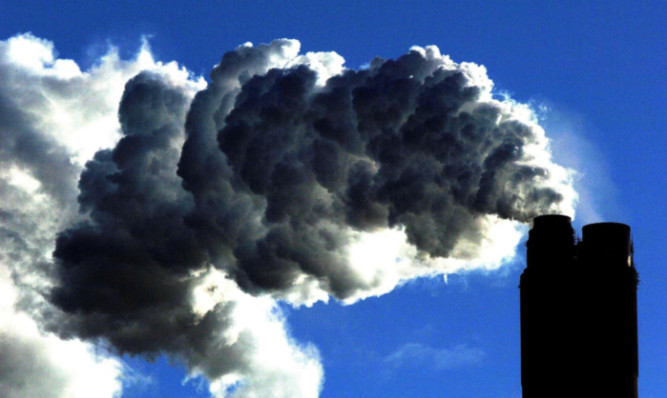Public sector bodies should be forced to report climate emissions targets and progress, a parliamentary committee has recommended.
The Scottish Parliament’s Rural Affairs, Climate Change and Environment Committee voiced its support for mandatory reporting as a government consultation on climate change closes at the end of this month.
A report earlier this year confirmed that Scotland missed its target for emissions in 2012, the third time an annual target has not been met.
Net emissions in 2012 were 55.67 million metric tons of carbon dioxide equivalent (MtCO2e), compared to the target of 53.226.
Legislation passed by the Scottish Parliament set “world-leading” targets, committing Scotland to reducing emissions by at least 80% by 2050.
The climate change committee heard evidence from public bodies and found that “everyone stressed how seriously they take their responsibilities both to reduce their carbon footprint, and to report on their climate change obligations”.
It said there were different methods of reporting between local councils, voluntary organisations, police and other emergency services and clarification was needed before mandatory reporting was introduced.
In a letter to Environment Minister Aileen McLeod, the committee said financial penalties on those who died not meet reporting requirements in the early years would be “counterproductive”.
Committee convener Rob Gibson said: “The legislation passed by the Scottish Parliament commits Scotland to reducing emissions by at least 80% by 2050 and is world-leading in terms of ambition.
“However that ambition has to be translated into action. It is now time to activate real change in approach and behaviour across all underperforming sectors of society, and this includes the public sector.
“The committee is encouraged to hear many examples of the positive impact voluntary reporting has had on actually reducing emissions, and by the unanimous support for mandatory climate reporting by the public sector bodies who gave evidence.
“We must support those who are not delivering as much as they can to make Scotland a world leader, and encourage them to engage and improve.”
